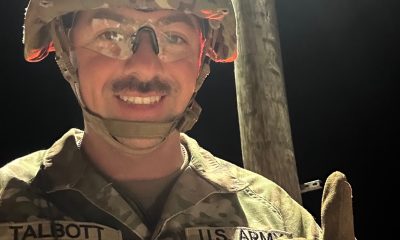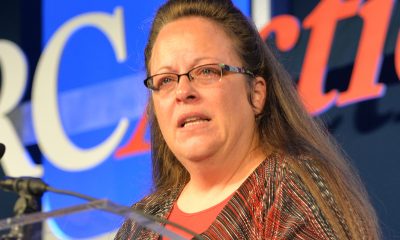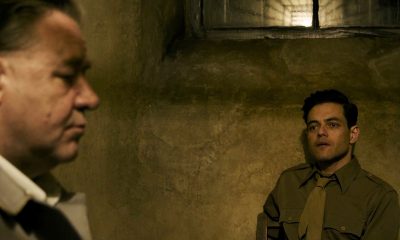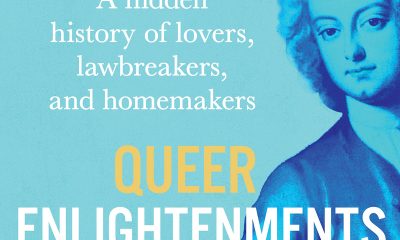News
Gay journalist, political organizer Doug Ireland dies
New Yorker contributed to Gay City News, Village Voice
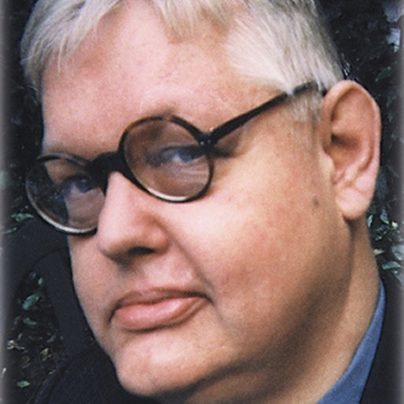
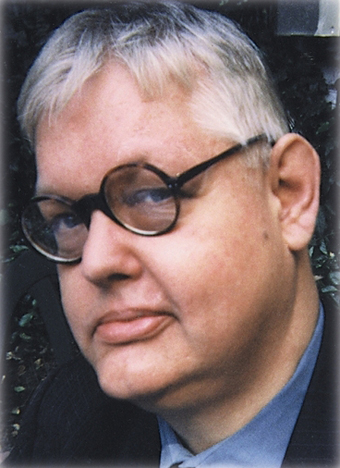
Doug Ireland (Photo courtesy of Gay City News)
Doug Ireland, a longtime LGBT rights advocate who switched roles from an organizer of progressive political causes and election campaigns in the 1960s and 1970s to become an internationally recognized journalist and commentator, died Oct. 26 in his home in New York’s East Village. He was 67.
Since at least the 1980s, Ireland has worked at various times as a columnist for The Village Voice, The New York Observer, New York Magazine, POZ Magazine, the L.A. Weekly, the Paris-based daily newspaper Liberation, and the French political-investigative magazine BAKCHICH, according to biographical information on his Linked-In page.
He served since 2005 as international contributing editor to Gay City News, the New York weekly newspaper for the LGBT community.
Ken Sherrill, professor emeritus in political science at New York’s Hunter College and a friend of Ireland’s since the early 1960s, said Ireland emerged in his early career as an “extraordinary” organizer of political campaigns, both for liberal-left causes and for progressive public officials, such as the late-U.S. Rep. Bella Abzug (D-N.Y).
“He was an excellent campaign organizer,” Sherrill said. “He reinvented himself as an excellent journalist and most important he had a passionate commitment to justice.”
Ireland’s longtime friend Valerie Goodman told Gay City News he had been suffering in recent years from diabetes and the after-effects of two strokes.
“Despite chronic, at times debilitating pain and frequent hospitalizations, Ireland remained a dogged reporter and book critic in recent years, writing articles for nearly every issue of Gay City News,” said Paul Schindler, the Gay City News editor, in an article published after Ireland’s death.
Sherrill and others who knew Ireland said he became involved in the early 1960s with the new left movement initially as a member and later as one of the leaders of Students for a Democratic Society (SDS) beginning at the age of 17.
According to a Wikipedia biography of Ireland, he dropped out of the SDS in 1966 to devote his time and energy to electoral organizing against the Vietnam War, initially with several U.S. labor unions and later on behalf of anti-war candidates running for public office.
Among other things, Ireland joined the staff of the 1968 campaign of then Democratic U.S. Sen. Eugene McCarthy, who challenged President Lyndon Johnson for the Democratic Party nomination on an anti-Vietnam War platform. Although McCarthy lost his bid for the nomination to then Vice President Hubert Humphrey after Johnson withdrew as a candidate, the McCarthy campaign and Ireland’s efforts have been credited with helping open the way for the election of anti-war candidates to Congress.
Two such candidates, Allard Lowenstein of Long Island and Bella Abzug of New York City, won their races for the U.S. House of Representatives with Ireland serving as a lead organizer of their campaigns, Sherrill told the Blade.
“He was an extraordinary organizer,” Sherrill said. “He could bring people together who would ordinarily not talk to each other.”
Sherrill said Ireland succeeded where some left-leaning political advocates failed because he was “capable of supreme pragmatism” to achieve political objectives, even when, at times, he enlisted the help of machine politicians.
New York-based gay freelance travel writer and photographer Michael Luongo praised Ireland’s skills as a reporter as well as a commentator, saying Ireland developed a vast network of sources and contacts in the U.S. and abroad.
“I fully admired his work, always amazed at his network of contacts and how he was able to go deep on issues around the world relating to the LGBT struggle,” Luongo said.
Luongo said that in his conversations with Ireland in recent years, which were mostly by phone, he was moved by Ireland’s enthusiastic willingness to help him in his own work on travel related stories and to explain how he gathered news for his own reporting.
“My phone is always on,” he quoted Ireland as telling him. “I never sleep.”
Ireland went on to explain, said Luongo, “There were always people he knew in trouble who might need his help at any time among the activists and contacts scattered around the globe and throughout the time zones. That was what struck me most in my conversations with him,” Luongo said.
“You would simply read his stuff and wonder, how did he get that? And then I knew; he was on the phone, on email, constantly trying to find people to interview.”
Eswatini
PEPFAR delivers first doses of groundbreaking HIV prevention drug to two African countries
Lenacapavir now available in Eswatini and Zambia.
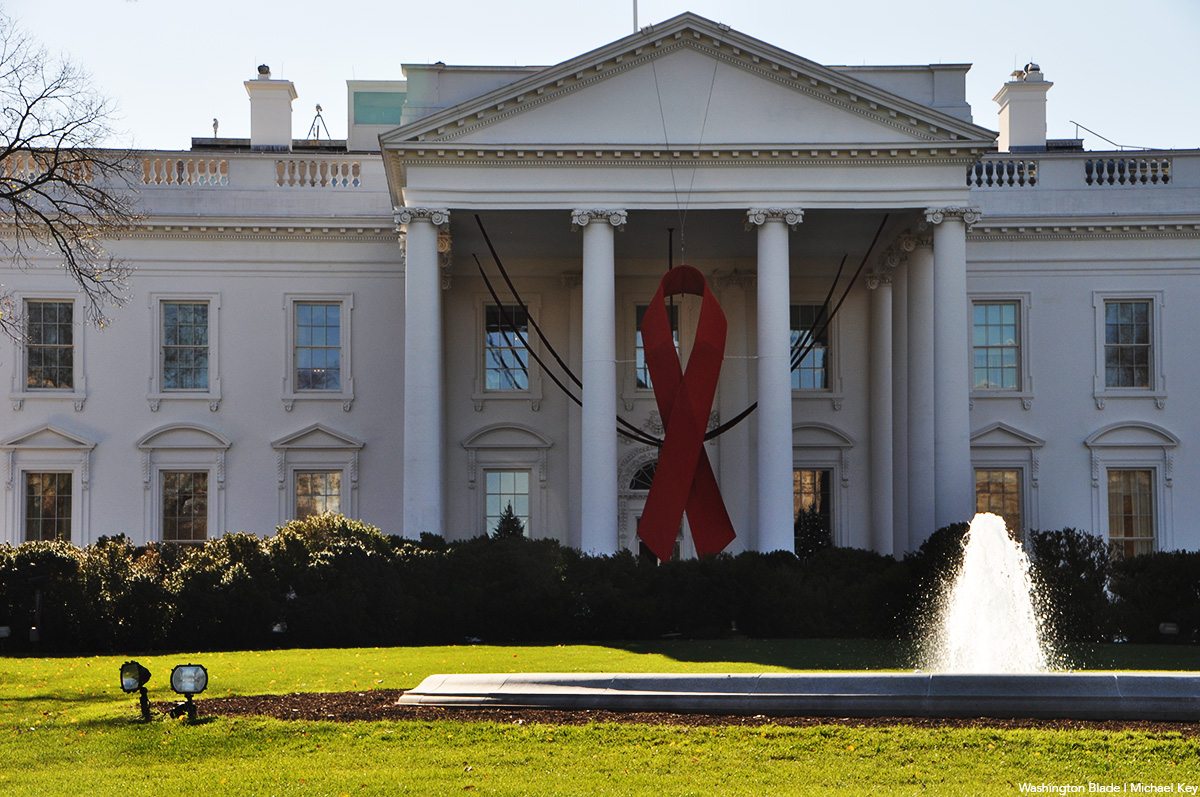
The State Department on Tuesday announced PEPFAR has delivered the first doses of a groundbreaking HIV prevention drug to two African countries.
The lenacapavir doses arrived in Eswatini and Zambia.
The State Department in September unveiled an initiative with Gilead Sciences to bring lenacapavir “to market in high-burden HIV countries.”
Lenacapavir users inject the drug twice a year.
The State Department in its September announcement noted everyone who participated in Gilead’s clinical trials remained HIV negative. It also said lenacapavir “has the potential to be particularly helpful for pregnant and breastfeeding mothers, as it safely protects them during and after pregnancy to prevent mother-to-child transmission.”
“In our new America First Global Health Strategy, the Department of State is establishing a first-of-its-kind innovation fund to support American-led research, market-shaping, and other dynamic advancements in global health,” said PEPFAR on Tuesday in a press release.
“The arrivals of the first doses of lenacapavir in Eswatini and Zambia mark an important milestone in HIV prevention and reflect our commitment to supporting communities with the greatest need,” added Gilead CEO Daniel O’Day. “For the first time, a new HIV medicine is reaching communities in sub-Saharan Africa in the same year as its U.S. approval.”
The September announcement came against the backdrop of widespread criticism over the Trump-Vance administration’s reported plans to not fully fund PEPFAR and to cut domestic HIV/AIDS funding. The Washington Blade has previously reported PEPFAR-funded programs in Kenya and other African countries have been forced to curtail services or even close because of U.S. funding cuts.
Local
Most D.C.-area cities receive highest score in HRC Equality Index
‘Record breaking’ 132 jurisdictions nationwide receive top ranking
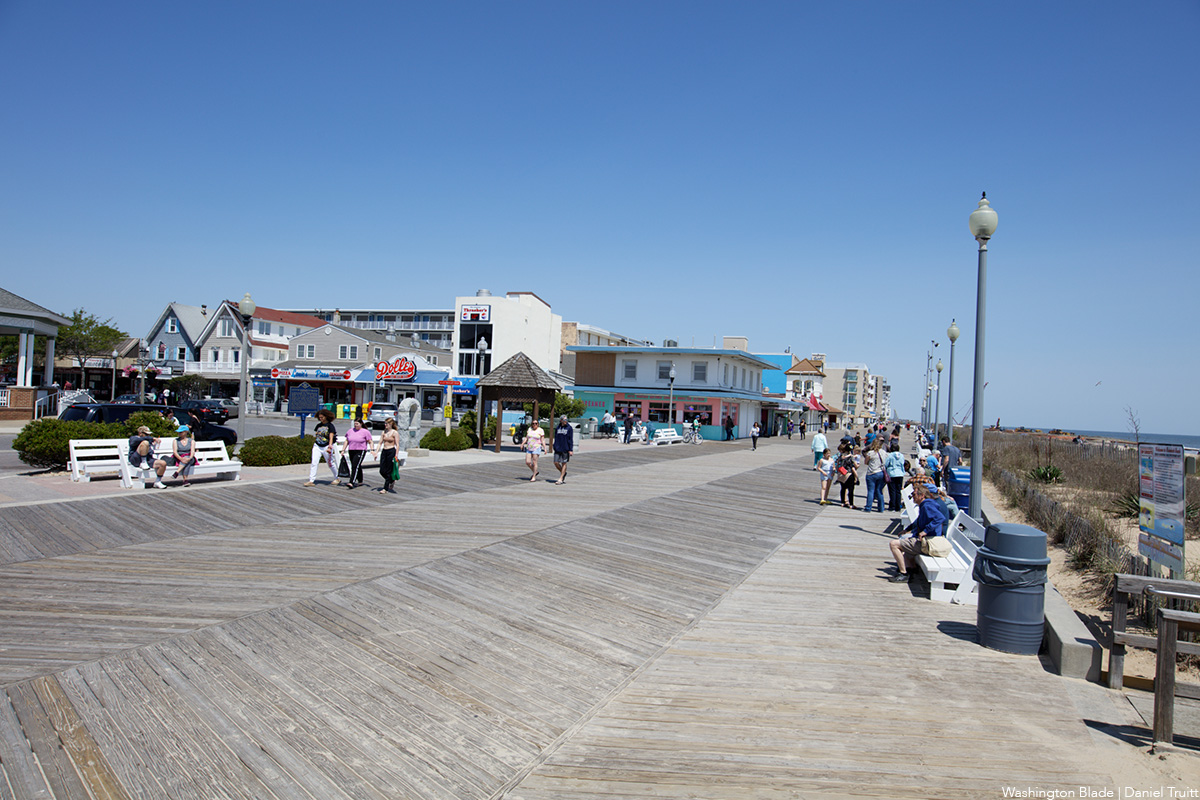
The Human Rights Campaign Foundation on Nov. 18 released its 14th annual Municipal Equality Index report showing that a record number of 132 cities across the country, including nine in Virginia and seven in Maryland, received the highest score of 100 for their level of support for LGBTQ equality through laws, policies, and services.
Among the D.C.-area cities and municipalities receiving a perfect score of 100 were Alexandria, Arlington County, Fairfax County in Virginia and College Park, Bowie, Gaithersburg and Rockville in Maryland.
The city of Rehoboth Beach is listed as the only city or municipality in Delaware to receive a score of 100. Rehoboth city officials released a statement hailing the high score as a major achievement over the previous year’s score of 61, saying the improvement came through a partnership with the local LGBTQ advocacy and services group CAMP Rehoboth.
The HRC Foundation, which serves as the educational arm of the Human Rights Campaign, the nation’s largest LGBTQ advocacy organization, includes the District of Columbia in a separate State Equality Index rating system under the premise that D.C. should be treated as a state and receive full statehood status.
In its 2024 State Equality Index report, D.C. and 21 states, including Maryland, Virginia, and Delaware, were placed in the “highest rated category” called Working Toward Innovative Equality, which does not use a numerical score.
“The 2025 MEI shows a record breaking 132 cities scoring the highest possible marks on the index, representing a combined population of approximately 49 million people,” the HRC Foundation said in a statement announcing the 2025 report.
“This high-water mark is critical as pressure continues from states that pass laws and policies that seek to shut transgender people – particularly trans youth – out of public life,” the statement continues. It adds that many cities that have put in place trans supportive laws and policies, including health insurance benefits, “are in many cases no longer able to provide that coverage in a meaningful way as a result of discriminatory decisions made by state legislatures.”
The statement goes on to say, “However, more cities than ever are doing what the MEI characterizes as ‘testing the limits of restrictive state laws’ – pushing back against various checks on municipal power or discriminatory state laws – with nearly 70 cities doing so.”
The HRC statement notes that this year’s Municipal Equality Index rated a total of 506 cities. It says that number includes the 50 state capitals, the 200 largest cities in the U.S., the five largest cities or municipalities in each state, the cities that are home to the state’s two largest universities, and the 75 cities or municipalities that have high proportions of same-sex couples.
The report shows this year’s index rated 11 cities or municipalities in Virginia with the following rating scores: Alexandria, 100; Arlington County,100; Fairfax County, 100, Richmond, 100; Charlottesville, 100; Chesapeake, 80; Hampton, 100; Newport News, 100; Norfolk, 91, Roanoke, 100, and Virginia Beach, 100.
In Maryland a total of 10 cities were rated: Annapolis, 100; Baltimore, 100; Bowie, 68; College Park, 100; Columbia, 100; Frederick, 100; Gaithersburg, 100; Hagerstown, 75; Rockville, 100 and Towson in Baltimore County, 85.
A total of eight cities were rated in Delaware: Rehoboth Beach, 100; Bethany Beach, 51; Milford, 83; Dover, 69; Wilmington, 76; Newark, 72; Smyrna, 59; and Middletown, 64.
The full 2025 HRC Foundation Equality Index Report can be accessed at hrc.org.
Virginia
Repealing marriage amendment among Va. House Democrats’ 2026 legislative priorities
Voters approved Marshall-Newman Amendment in 2006

Democrats in the Virginia House of Delegates on Monday announced passage of a resolution that seeks to repeal a state constitutional amendment that defines marriage as between a man and a woman is among their 2026 legislative priorities.
State Del. Mark Sickles (D-Fairfax County) has introduced the resolution in the chamber. State Sen. Adam Ebbin (D-Alexandria) is the sponsor of an identical proposal in the state Senate.
Both men are gay.
Voters approved the Marshall-Newman Amendment in 2006.
Same-sex couples have been able to legally marry in Virginia since 2014. Republican Gov. Glenn Youngkin last year signed a bill that codified marriage equality in state law.
A resolution that seeks to repeal the Marshall-Newman Amendment passed in the General Assembly in 2021. The resolution passed again this year.
Two successive legislatures must approve the resolution before it can go to the ballot.
Democrats on Election Day increased their majority in the House of Delegates. Their three statewide candidates — Gov.-elect Abigail Spanberger, Lt. Gov.-elect Ghazala Hashmi, and Attorney General-elect Jay Jones — will take office in January.
“Virginians elected the largest House Democratic Majority in nearly four decades because they trust us to fight for them and deliver real results,” said House Speaker Don Scott (D-Portsmouth) on Monday in a press release that announced his party’s legislative priorities. “These first bills honor that trust. Our agenda is focused on lowering costs, lifting wages, expanding opportunity, protecting Virginians rights, and ensuring fair representation as Donald Trump pushes Republican legislatures across the country to manipulate congressional maps for partisan gain. House Democrats are ready to meet this moment and deliver the progress Virginians expect.”
-

 Movies5 days ago
Movies5 days agoIn solid ‘Nuremberg,’ the Nazis are still the bad guys
-

 Books5 days ago
Books5 days agoNew book highlights long history of LGBTQ oppression
-

 Theater4 days ago
Theater4 days agoGay, straight men bond over finances, single fatherhood in Mosaic show
-

 Chile3 days ago
Chile3 days agoChilean presidential election outcome to determine future of LGBTQ rights in country

